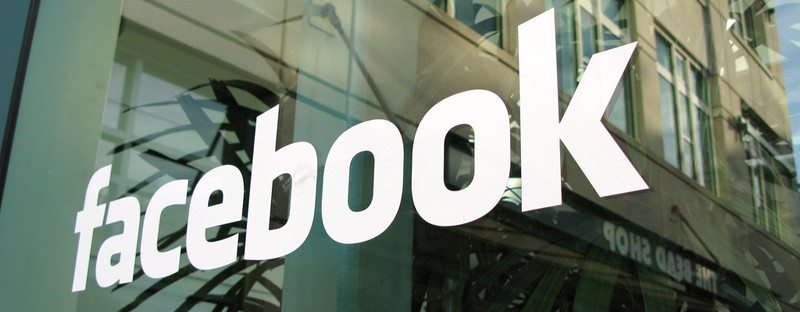Facebook popularity hampers fundraising efforts, says Warwick study
People with fewer friends on Facebook raise more money for charity than those with a greater number of connections, revealed a study by a Warwick professor.
There is supposedly a negative correlation between the size of the group and the amount of money given by each donor, according to data from JustGiving.com.
Professor Kimberley Scharf, a Research Director at the university’s Centre for Competitive Advantage in the Global Economy (CAGE) found that, for every extra connection someone had on Facebook, the average contribution from each person dropped by two pence.
These findings add to her earlier research, which suggests large social groups are less likely to share information about fundraising efforts when compared to those in smaller circles, published in the November issue of the International Economic Review.
She found that people in large social groups often feel less of a need to share information about charitable causes because they expect other friends will instead.
Such “free-riding” is the key to explaining her findings, and is a phenomenon which also extends to giving in social groups too. Sometimes people don’t bother paying because they expect friends to stump up most of the cash.
Professor Scharf commented: “The problem is that everyone thinks the same thing and therefore the actual amount of money that’s donated is less than it would have been had fewer friends been asked in the first place.”
The research also discovered that the amount of money people raise for charity doesn’t just depend on how many friends they have, but on the challenge itself – more cash is generated by those who complete tougher fundraising activities.
“Whilst running is by far the most popular event on JustGiving, it is in fact individuals who complete triathlons that typically attract the largest number of donations and raise the most money in total,” said Professor Scharf.
It appears that “doing something physically demanding and asking a small group of friends for their support is much more effective than relying on donations from lots of people for what would be perceived as a relatively less exerting activity.”
Alex Hesketh, a second-year English Literature student who is taking part in Cancer Research UK’s “Dryathlon” by giving up alcohol for the month of January, agrees with the findings.
He said: “People with a lot of social media connections might assume a blanket plea would attract plenty of attention.
“A group of 20 good friends, perhaps in a society or club would almost certainly donate more collectively than 100 loose connections.”

Comments